Description
Expanded Perlite: The Gardener’s Secret Weapon
Expanded perlite, those small, white, lightweight pebbles, might seem like a filler, but they’re actually a powerhouse ingredient for gardeners of all levels. This versatile volcanic glass is heated to incredibly high temperatures, causing it to expand like popcorn, resulting in a porous and pH-neutral material packed with benefits for your plants.
So, why should you be reaching for a bag of expanded perlite? Let’s delve into its key advantages:
Superior Drainage and Aeration:
One of the biggest culprits behind plant demise is overwatering and poor drainage. Expanded perlite excels at creating air pockets in the soil. These pockets allow for better oxygen circulation around the roots, preventing root rot and promoting healthy growth. Similarly, its porous structure allows excess water to drain away quickly, preventing waterlogging and creating ideal conditions for root health.
Improved Soil Structure:
Whether you’re dealing with heavy clay soil or sandy soil that drains too quickly, expanded perlite can help. In clay soil, it breaks up the compacted particles, improving drainage and aeration. In sandy soil, it helps retain moisture and nutrients, preventing them from leaching away.
Lightweight and Easy to Handle:
The lightweight nature of expanded perlite makes it a breeze to work with. It reduces the overall weight of potting mixes, making it easier to transport and handle containers, especially for balcony gardens or indoor plants.
Inert and Sterile:
Expanded perlite is chemically inert and sterile, meaning it won’t react with other ingredients in your soil and doesn’t harbor harmful bacteria, fungi, or weed seeds. This helps create a clean and healthy environment for your plants to thrive.
Versatile Applications:
Expanded perlite isn’t just for potting mixes. Its versatility extends to a wide range of gardening applications:
- Potting Mixes: Enhances drainage, aeration, and moisture retention in container gardens.
- Seed Starting: Creates a light and airy medium for delicate seedlings to germinate and establish strong roots.
- Hydroponics: Provides support and aeration for plants grown in water-based nutrient solutions.
- Soil Amendment: Improves soil structure and drainage in garden beds.
- Rooting Cuttings: Creates a sterile and well-aerated environment for root development.
How to Use Expanded Perlite:
Using expanded perlite is straightforward. Here are a few pointers:
- Potting Mixes: Mix perlite with potting soil or other ingredients like peat moss or coco coir. A common ratio is 1:1 or 1:2 perlite to soil, but adjust based on your specific plant’s needs.
- Seed Starting: Use a seed starting mix containing perlite or create your own by mixing perlite with vermiculite or peat moss.
- Soil Amendment: Incorporate perlite into the existing soil when planting.
Considerations:
- Dust: Expanded perlite can be dusty, so it’s recommended to moisten it slightly before handling to minimize dust inhalation.
- Cost: While relatively inexpensive, perlite can be slightly more expensive than some other soil amendments. However, its benefits often outweigh the cost.
In Conclusion:
Expanded perlite is a valuable addition to any gardener’s arsenal. Its ability to improve drainage, aeration, and soil structure, combined with its lightweight and sterile nature, makes it a must-have for creating a healthy and thriving environment for your plants. So, next time you’re preparing your soil, remember the power of expanded perlite and give your plants the boost they deserve!



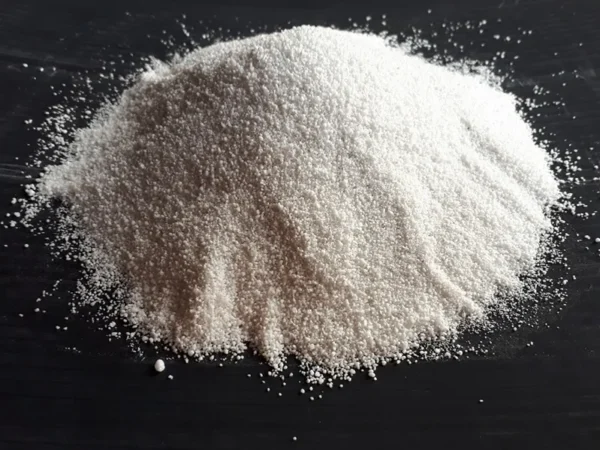

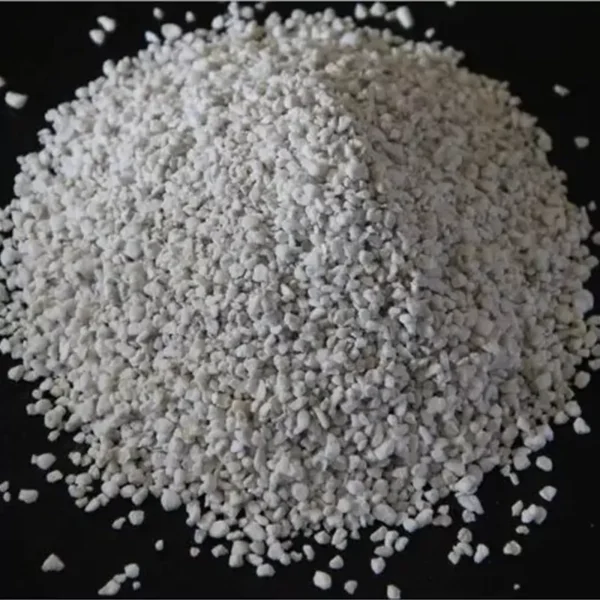

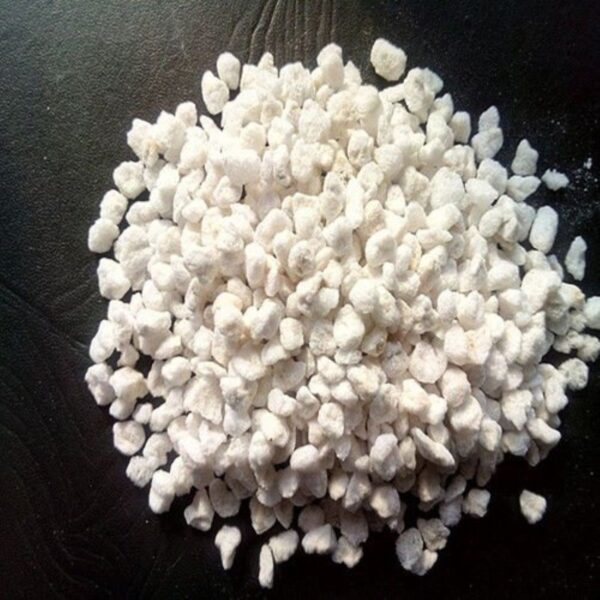

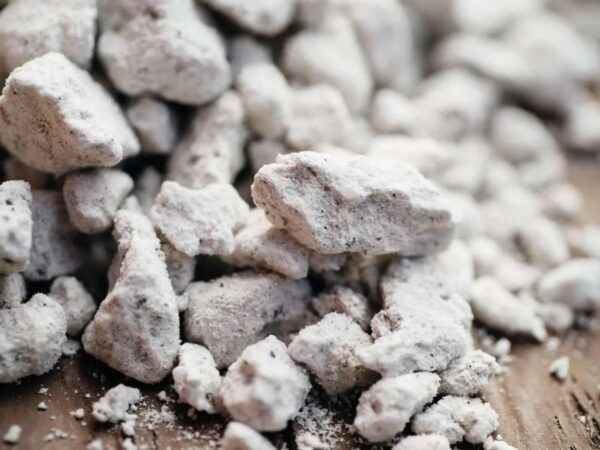
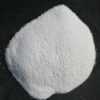

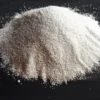

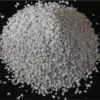

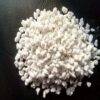
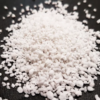
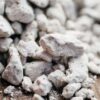

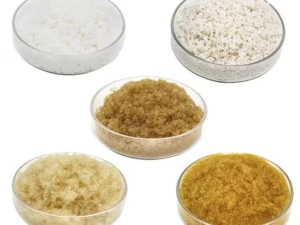

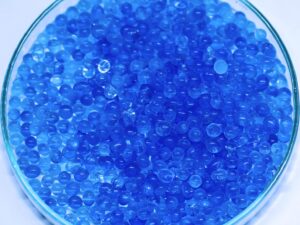
Reviews
There are no reviews yet.